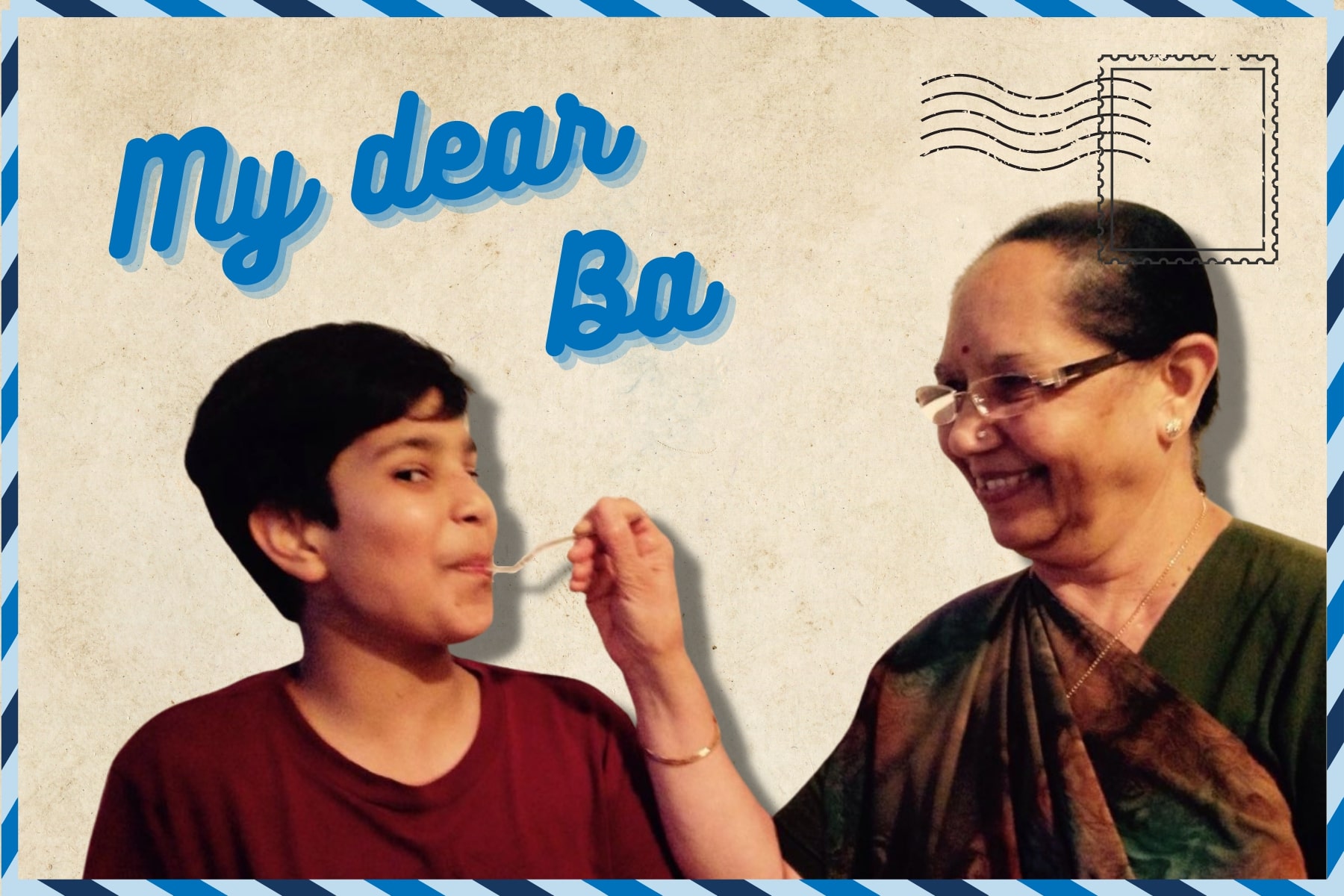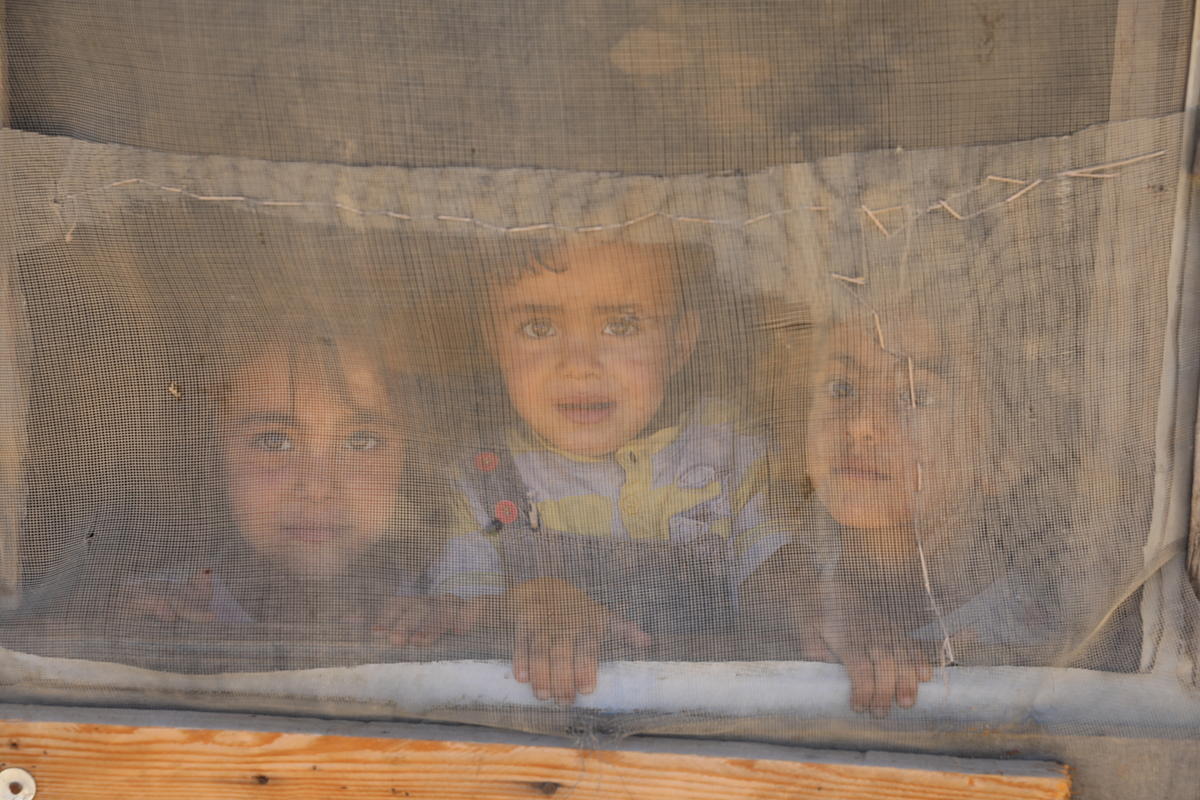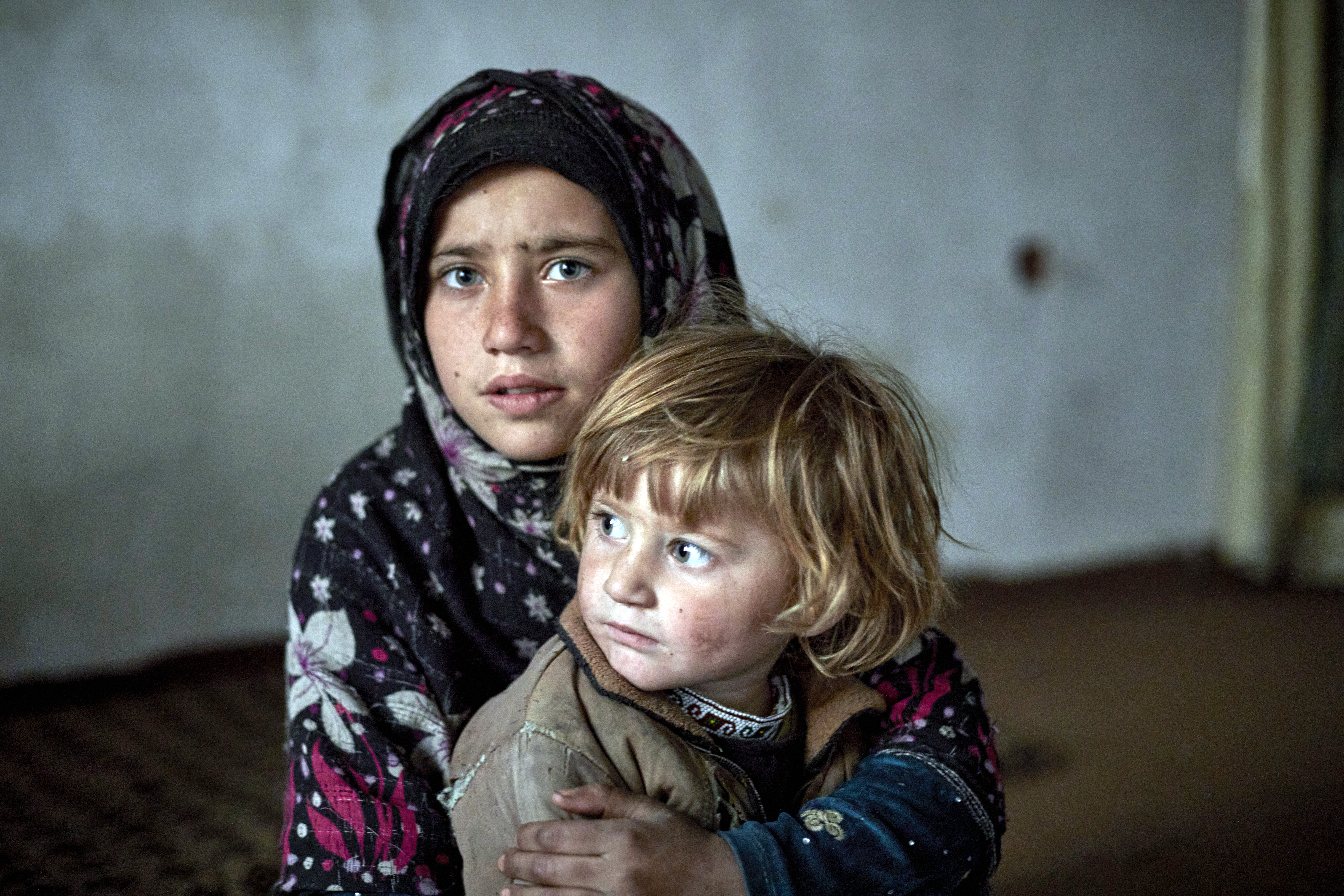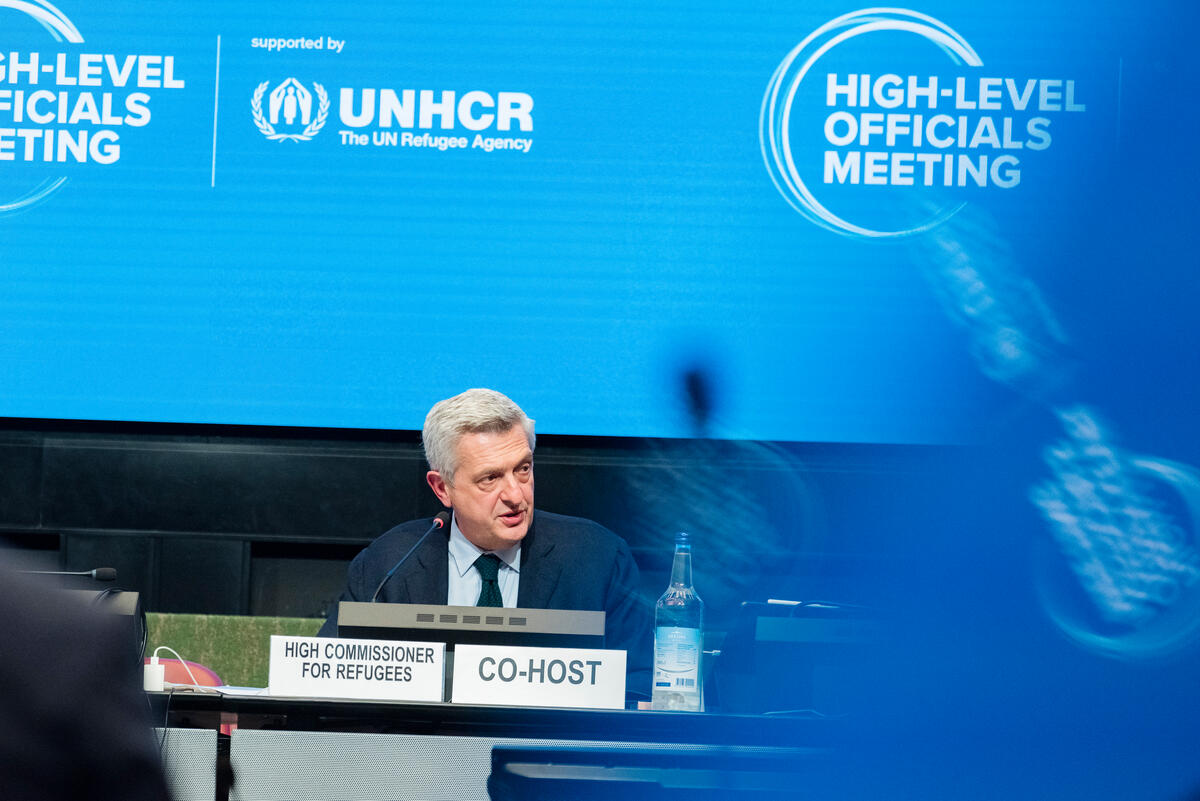Liberian refugees arrive in Australia
Liberian refugees arrive in Australia
UNHCR today welcomed the arrival of 376 refugees in Australia from Lainé refugee camp, Guinea, including a majority of families headed by women.
The group of mainly Liberian nationals were referred by UNHCR as part of Australia's annual quota of 6,000 resettled refugees, and part of a broader humanitarian programme of 13,000 entrants. They are the first arrivals among more than 1,000 refugees expected to arrive from Guinea over the next few months.
Many of the group are female-headed families, whose spouses have been killed or are missing. A significant number are coming under the Women at Risk programme - aimed at women who do not have the protection of a male relative and are in danger of victimisation and serious abuse because of their gender. Australia is one of the leading countries in the resettlement of this high needs group, reserving 10.5 percent of its quota each year for the women at risk category. Australia introduced the Women at Risk visa class in 1989 in recognition of the priority given by UNHCR to the protection of refugee women in particularly vulnerable situations. About 5,000 Women at Risk visas have been granted since 1989.
The group comprises 165 adults (120 women and 45 men) with 211 children in a total of 66 family groups, 57 of which are headed by women. They are mostly Liberian nationals, with the remainder from Sierra Leone.
Most of the group arriving in Australia today have experienced double or multiple flights from persecution. Typically, the refugees had fled the civil war in Liberia between 1990 and 1996 and settled in the Danané region of Côte d'Ivoire. In November 2002, rebels from Liberia and Côte d'Ivoire attacked that region and the refugees fled to Guinea, among other places.
Lainé Camp, where temperatures reach upwards of 40 degrees Celsius, is located approximately 60 km north-east of Nzérékoré, an area in the hinterland of Guinea near the borders of Liberia and Côte d'Ivoire. It is 950 km by road from the Guinean capital, Conakry.
The new arrivals will need specialist services to help them adjust to their new home - having lived in refugee camps since the 1990s with many of the children living in camps their entire life. Fortunately, Australia has developed excellent services for resettled refugees over the past five decades. The Australian Government's Integrated Humanitarian Settlement Strategy will help these refugees to become self-sufficient and participate in the community as quickly as possible. Assistance includes cultural orientation training prior to departure, escorts to Australia and intensive reception and case management services on arrival. It also includes links to essential services such as social security, Medicare and banking as well as accommodation support, help in establishing a household and health and psychological services.
The group will be settled in five different states around Australia, including Western Australia (80), Victoria (97), New South Wales (100), South Australia (38) and Queensland (61). The numbers settled in each state reflect efforts by the Department of Immigration to maintain ties within the groups and to facilitate links with existing communities in Australia.









